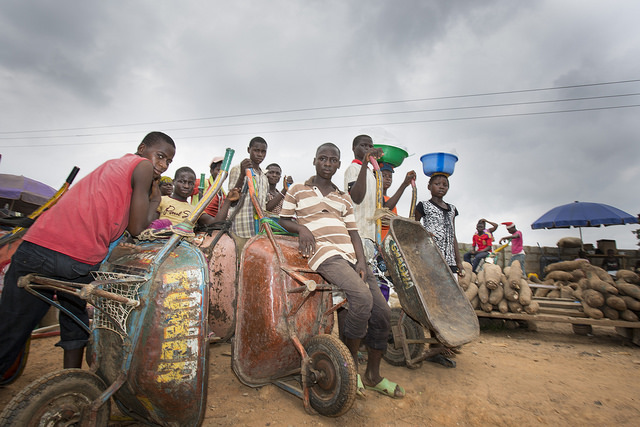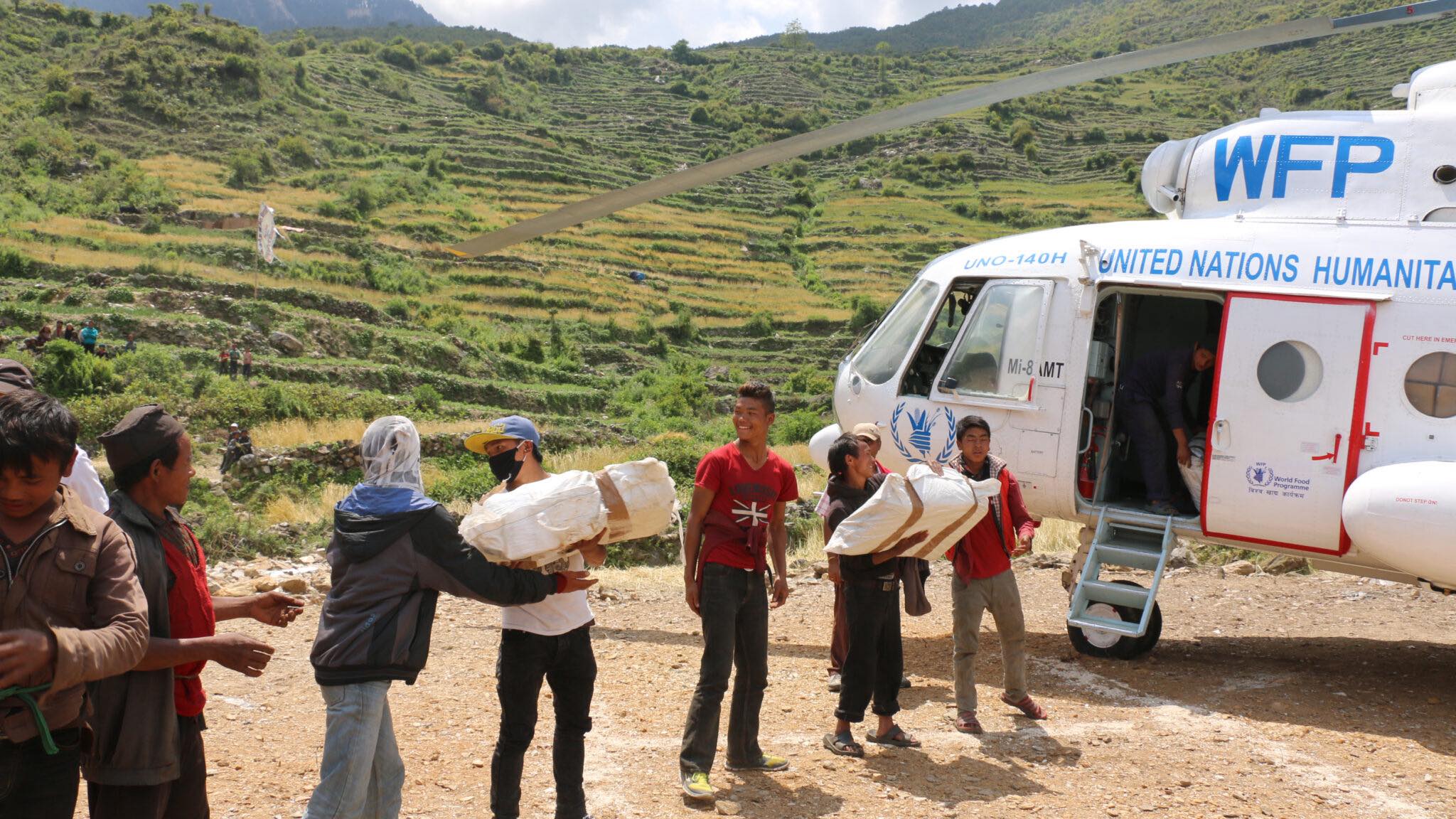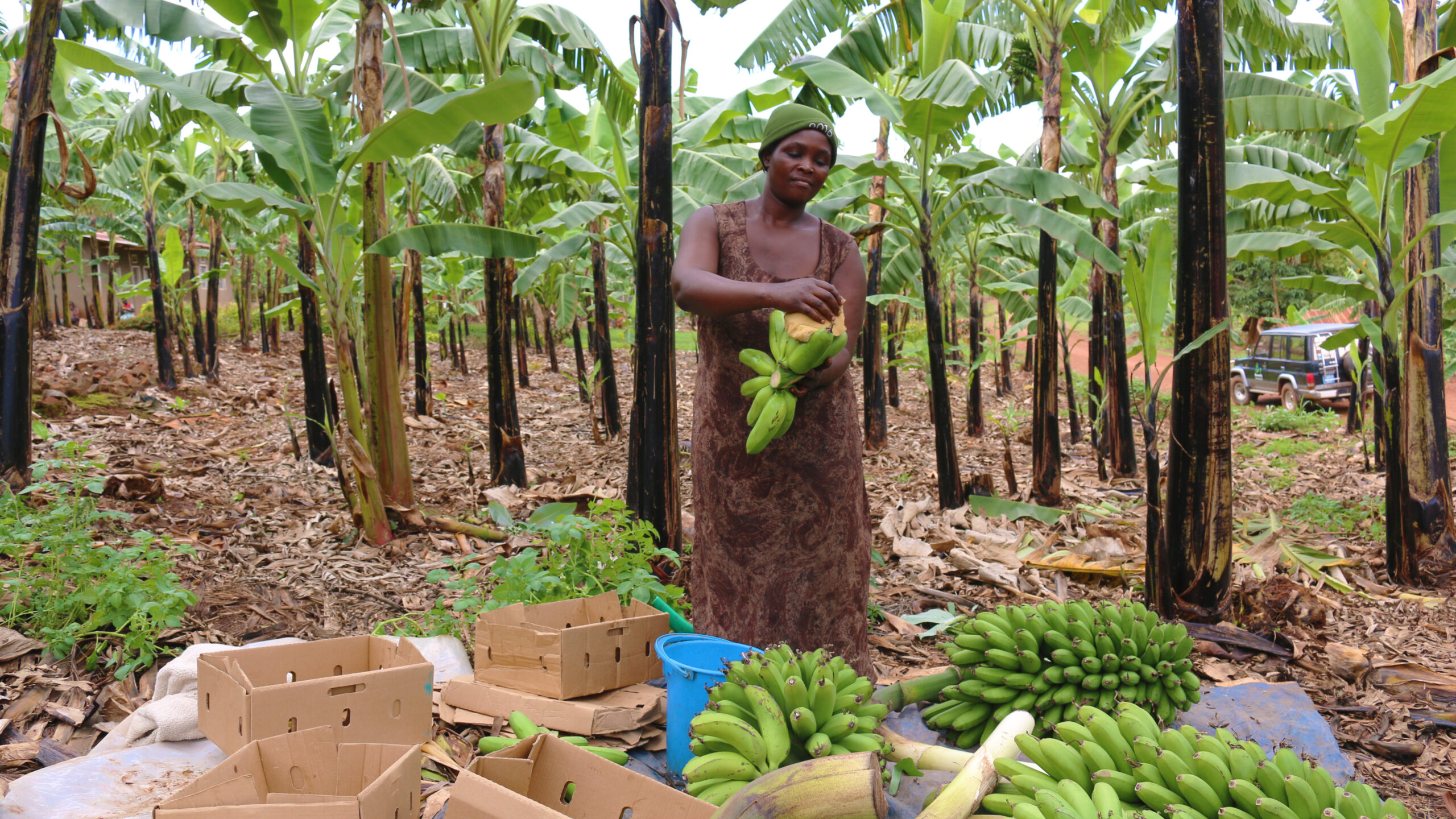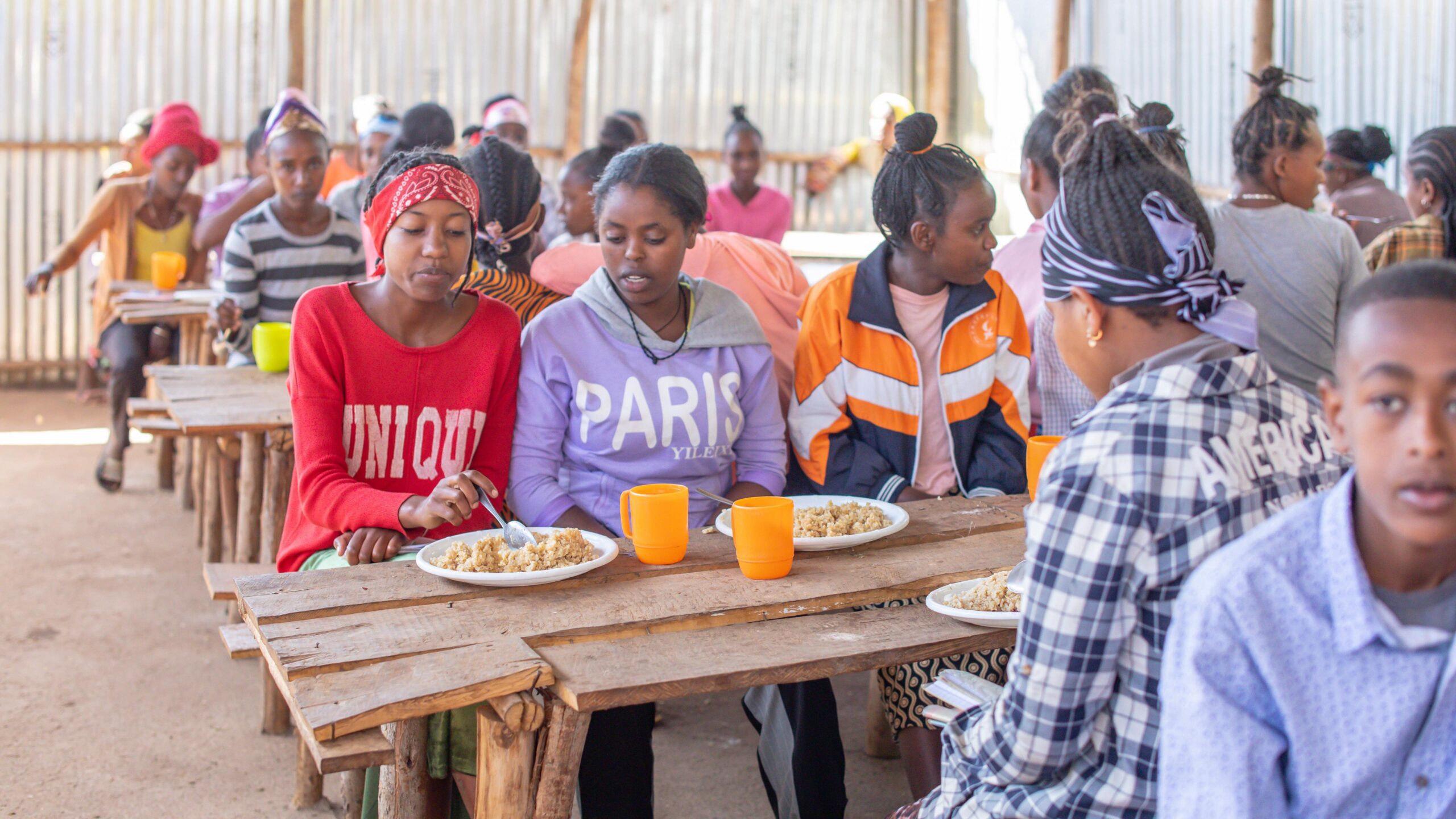Trade integration is a powerful tool for economic growth, development, and poverty alleviation. In the Malabo Declaration (PDF) of June 2014, African countries committed to tripling the level of intra-African agricultural trade and services by 2025, fast-tracking the establishment of a Continental Free Trade Area and adopting a continent-wide Common External Tariff scheme.
To accomplish this goal of spurring trade across the continent, countries will need high-quality economic data. But consistently and accurately measuring and monitoring the level of intra-regional trade within Africa remains a major challenge.
African trade data in international databases such as COMTRADE is generally inconsistently reported, and formal trade throughout the region is often under-reported or not registered at all. In addition, information on informal trade (which, in some countries and for some commodities, is estimated to be greater than formal trade) is typically missing as well, due to smuggling or weak data collection systems. These major challenges must be overcome if regional trade is to be sustainably and effectively increased.
The lack of reliable data on agricultural trade also complicates the measurement of the household food balance sheets prepared by the UN Food and Agriculture Organization (FAO). Those balance sheets are key indicators of household nutrition and well-being. To the extent that a country imports many of its foodstuffs or exports significant quantities of food, neglecting intra-regional trade data may lead to seriously under- or overestimating household food availability.
With the cooperation of the African Union and African Regional Economic Communities, and through funding by the US Agency for International Development (USAID), IFPRI has been helping to establish a technical network of experts to unify efforts to measure and monitor inter- and intra-regional agricultural trade within Africa. As part of this project, A recent discussion paper (PDF) by Cristina Mitaritonna of CEPII, the French research center for international economics, and Fousseini Traoré of IFPRI reviews efforts launched in the last 10 years to improve trade data in Africa. The study found that data collection efforts are fragmented and have generally lacked the necessary funding to be expanded or even established permanently. So even as the potential magnitude of under-reporting has come into focus, a unified approach to improving trade data has yet to emerge.
The overarching goals of the IFPRI project are to improve the measurement of intra-regional trade and to identify the factors that impede such trade. The first goal includes two key objectives: Improving the measurement of informal trade by expanding regional and product coverage; and formalizing best practices while developing methods to use the informal trade data to reconcile and augment formal data. To meet the second goal, the project aims to catalogue recent efforts to measure trade barriers, develop a series of technically robust indicators for trade performance and its impact on food security, and identify and track the determinants of African trade.
Here are some specific steps needed to build this technical network:
- Identify past and current efforts to measure intra-regional trade. Projects would be identified by their scope in terms of area and commodities covered, projected duration, and funding sources. A list of experts will be assembled and invited to participate in this effort.
- Disseminate information via a central, open access data repository of research and data collection methods. Numerous reports on intra-regional African trade have been prepared on the behalf of governments, NGOs, and international organizations, but they are often not widely distributed or available. This means the lessons of some projects remain largely unknown, whether due to geographical distance or language barriers (reports written in English vs. French or Portuguese). In addition, informal trade data are often not widely accessible, even when there is regular reporting. Making all of these reports available online where they can be easily downloaded would help to better disseminate important findings.
- Convene experts regularly to discuss efforts to measure and monitor intra-regional trade. Experts would form a community of practice to discuss measurement issues, including best practices for gauging informal trade, gaps in regional and commodity coverage, potential partners who can help expand coverage, and how best to institutionalize the work over the long run.
- Engage the broader research community in discussions on how to improve data collection efforts. In addition to national and regional efforts, there is significant interest on the part of international organizations such FAO, IFPRI, OECD, World Bank, and the WTO, as well as research institutions and NGOs. Technical networks should include researchers from those institutions to ensure that there is broad information sharing and interaction among researchers.
- Work with national trade statistics agencies. Sharing informal trade data with governments can help improve their formal data collection. In some countries (for example, Uganda), such efforts are already underway. In other areas, the community of practice should include representatives from national trade statistics agencies. Other areas of potential collaboration could include FAO’s food balance sheet efforts.
- Expand and standardize data collection on barriers to trade. Much work has been initiated in the area of monitoring trade barriers (for example, the West Africa Trade and Investment Hub and CUTS International). As part of the technical network, experts can exchange findings and collaborate to develop a common framework to document trade barriers and to measure and assess their impacts.
This project began at a Dec. 2015 workshop in Nairobi that brought together trade experts from all over Africa and from international organizations including the World Bank and WTO. Two future workshops have been planned to launch regional expert technical networks. The first will be held in Dakar, Senegal in July, with a second workshop planned for southern Africa later in 2017. While these workshops will be regional in focus, technical experts from other regions will be invited share their expertise on these issues.
Joseph Glauber is a Senior Research Fellow and Kathryn Pace is a Program Manager with IFPRI’s Markets, Trade and Institutions Division.







